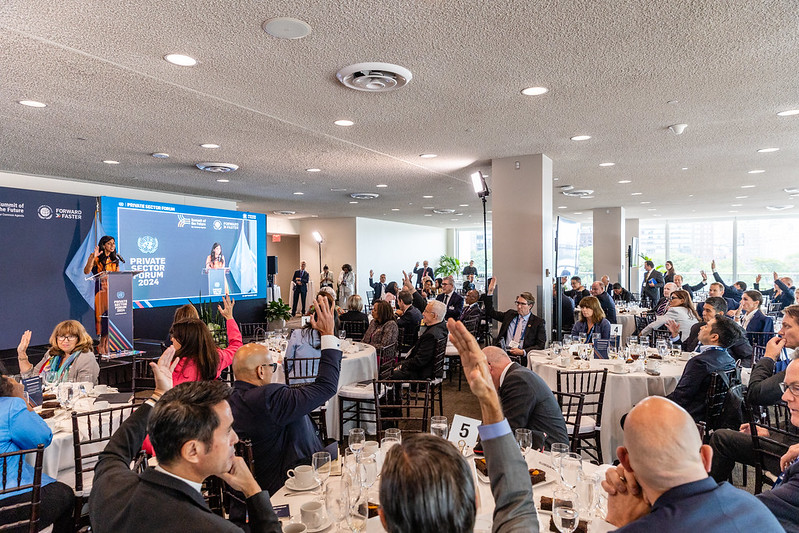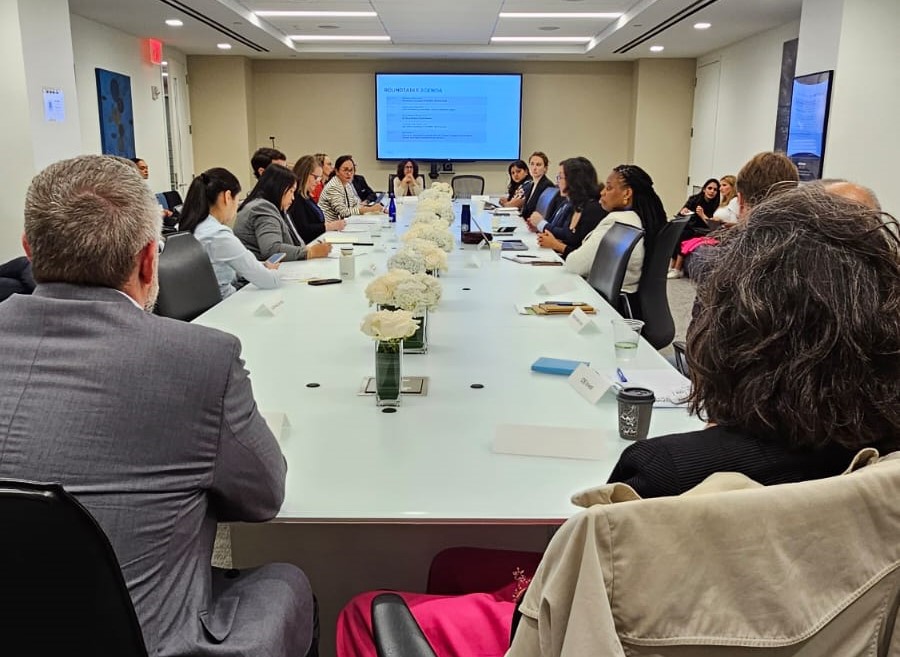
Modalku , together with STACS and the Indonesia Global Compact Network (IGCN) invites MSMEs to report on Environmental, Social, Governance ( ESG ) and the benefits of implementing sustainable practices in their business strategies.
This is due to the requirements from regulators and investors for companies to respond to increasing climate change and environmental issues.
It is on this basis that Modalku collaborates with STACS to promote the ESGpedia platform for Indonesian MSMEs who want to start their ESG reporting journey.
ESGpedia provides a structured overview of ESG topics and can automatically convert operational data such as fuel, refrigerant and electricity consumption into greenhouse gas emissions based on the ISO 14064-1 method along with the adapted Greenhouse Gas (GHG) Protocol in Indonesia.
By using ESGpedia, MSMEs can get free access to the digital platform, which simplifies various ESG reporting standards and frameworks.
“Especially in Indonesia, we are aware that several institutions or companies are required by the government to report ESG metrics. “We provide access to a platform that allows them to easily report, calculate GHG emissions and strengthen their ESG data,” he said at a press conference in Jakarta, Thursday (1/2/2024).
MSMEs can have a further positive impact by aligning their business activities with the 17 United Nations (UN) Sustainable Development Goals (SDGs) to eradicate poverty, increase prosperity and protect the planet.
On the other hand, the Indonesian government has also developed an SDGs Roadmap to support the implementation of sustainable development.
According to him, when these global goals are implemented at the company level, various businesses will be more aware of implementing sustainable practices into their operations, where the role of MSMEs becomes very important to achieve this agenda.
This was also agreed by the Sustainability and ESG Lead of the Modalku Group, Annette Aprilana.
He said, implementing sustainable practices into business not only opens up opportunities to get more funding, but also helps maintain business competitiveness, as well as being aware of environmental and social issues.
“At Modalku, we want to ensure that MSMEs that are part of our ecosystem have sufficient knowledge and resources to continue to develop and are able to answer stakeholders’ questions regarding ESG when needed,” he said.
Meanwhile, Josephine Satyono, Executive Director of the Indonesia Global Compact Network (IGCN), said that MSMEs can also implement sustainable business strategies through the Ten Principles of the United Nations Global Compact (UNGC) which cover the fields of human rights, employment, the environment and anti- -corruption.
Several steps that MSMEs can take are to understand all the global goals, determine priorities and targets for SDG activities that have the most impact, implement the SDG goals into business, and report the contributions made to the SDGs.
“By implementing the UNGC Ten Principles into strategies, policies and procedures, MSMEs can prepare their businesses for long-term success,” he said.
He added that ESG reporting is very important for sustainability because it serves as a catalyst in running a responsible business, increasing transparency and accountability, mitigating risks, attracting investment and driving long-term value creation.
With financial support and the right ESG knowledge, MSMEs will have adequate resources to compete in the market.
Deputy for Maritime Affairs and Natural Resources at Bappenas/Head of the National Secretariat for SDGs Indonesia, Vivi Yulaswati, said that MSMEs occupy a strategic position in the national economy, such as expanding employment opportunities by absorbing 99 percent of the workforce, increasing people’s income, and encouraging economic growth with contributions. to GDP more than 60 percent.
However, on the other hand, the challenge for MSMEs regarding access to financial services is one of the points of the SDGs Roadmap. His party projects that the target for MSME access to financial services could reach 42 percent by 2030.
“For this reason, collective action is needed from the government, related parties, and of course MSMEs to achieve this goal,” said Vivi.





